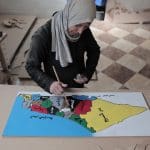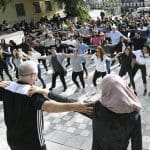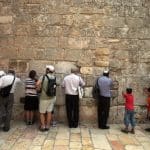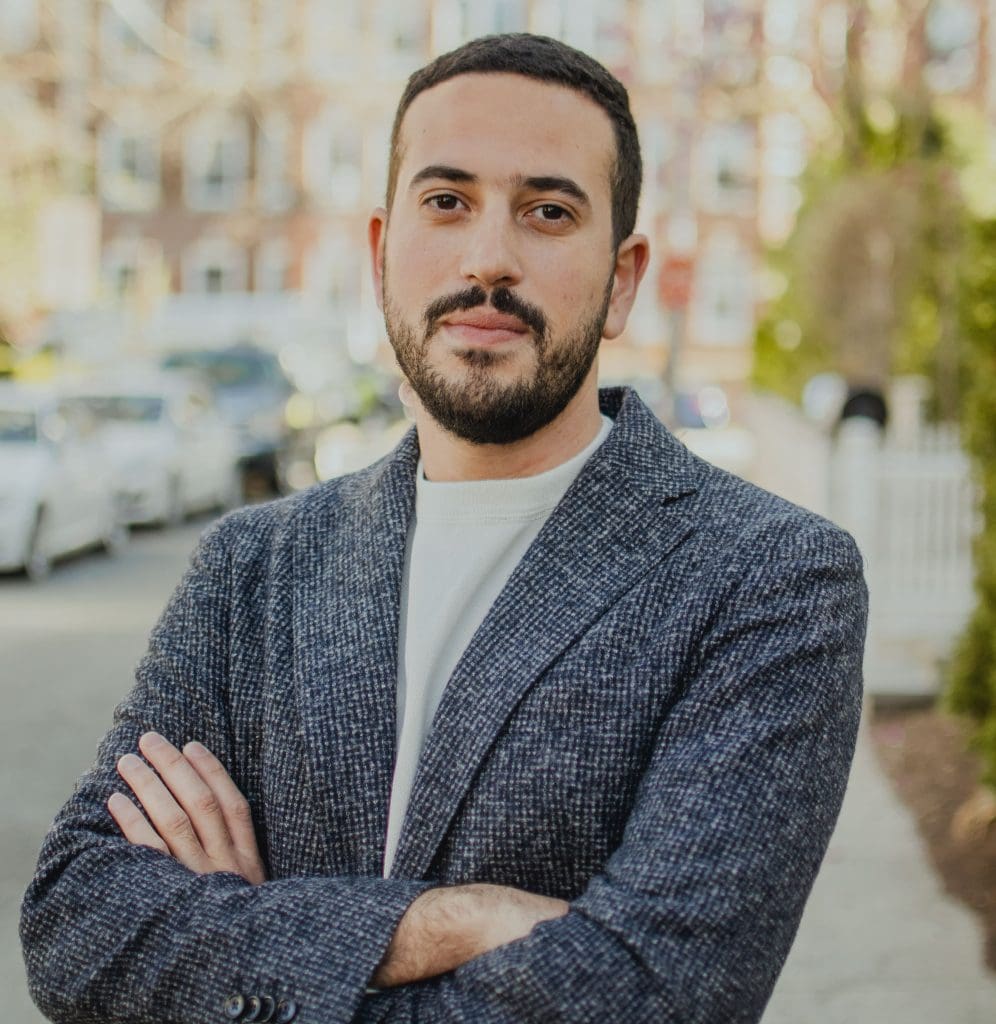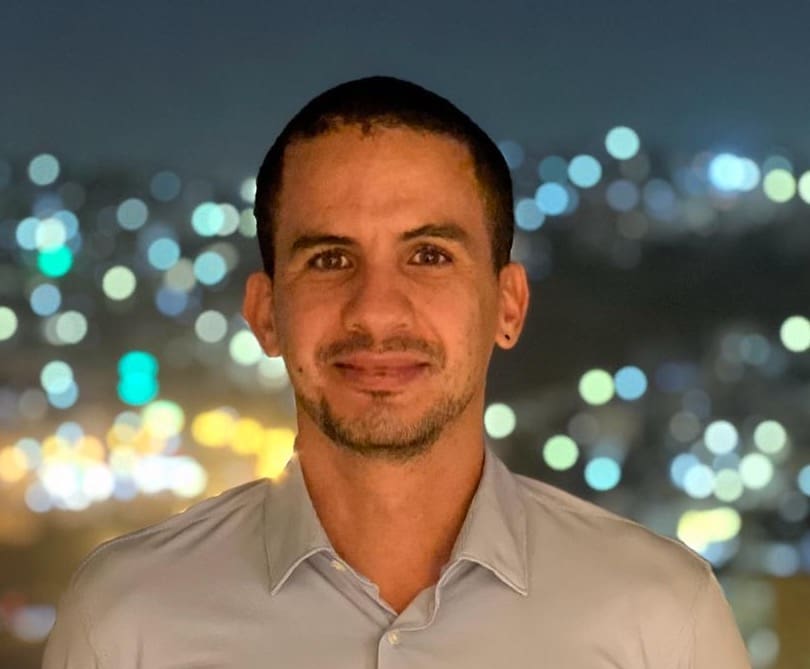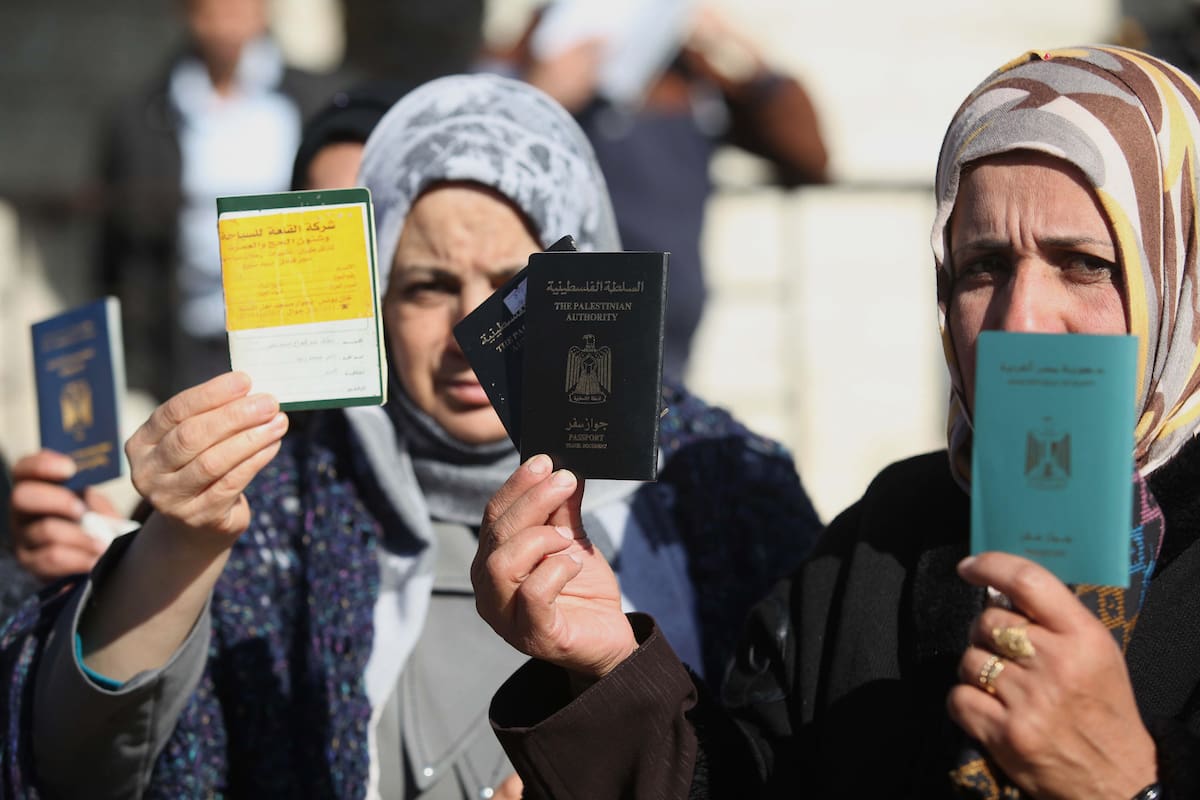
The Israeli regime subjects Palestinians across colonized Palestine to an intricate system of demographic control. Through its strategic fragmentation of the Palestinian people and a body of apartheid laws, Israel continually revokes Palestinians’ residency rights, denies them family unification across the Green Line and beyond, strips them of Israeli citizenship, and secures their deportation.
How has Israel engineered and implemented these policies? What are their implications for the Palestinian people? How can they be challenged?
Rabea Eghbariah is an attorney completing his doctoral studies at Harvard Law School. He worked as an appellate public defender and later joined the Haifa-based Adalah Legal Center, where he continues to argue Palestinian civil and political rights cases. Rabea published on various subjects relating to Palestinians and Israeli law, including the censorship of online speech, the legal land regime, and the criminalization of Palestinian foragers. His writings appeared in the Yale Journal of Law and Technology, the Law and Political Economy Project, and the Journal of Palestine Studies, among others. Rabea previously served as an executive article editor of the Harvard Human Rights Journal and currently serves as an editorial member of Jadaliyya’s Palestine page.
Nadim Bawalsa is Associate Editor with the Journal of Palestine Studies. From 2020-2023, Nadim served as Al-Shabaka’s commissioning editor. He is a historian of modern Palestine, and author of Transnational Palestine: Migration and the Right of Return before 1948 (Stanford University Press, 2022). His other work has appeared in the Jerusalem Quarterly, the Journal of Palestine Studies, NACLA Report on the Americas, and as well as in edited volumes. He earned a joint doctorate in History and Middle Eastern & Islamic Studies from New York University in 2017, and a Master’s in Arab Studies from Georgetown University’s Center for Contemporary Arab Studies in 2010. In 2019-2020, he was awarded a PARC-NEH fellowship in Palestine.
Al-Shabaka policy member Nada Awad holds a master’s degree in International Relations and International Security from Sciences Pro Paris. She works on human rights violations in the Arab region as the international advocacy officer at the Cairo Institute for Human Rights Studies (CIHRS). She was previously responsible for the Advocacy unit at Al-Quds University’s Community Action Center, where she focused on the issue of forcible transfer of Palestinians from Jerusalem. She also worked as an archival researcher at the Institute for Palestine Studies in Beirut.












